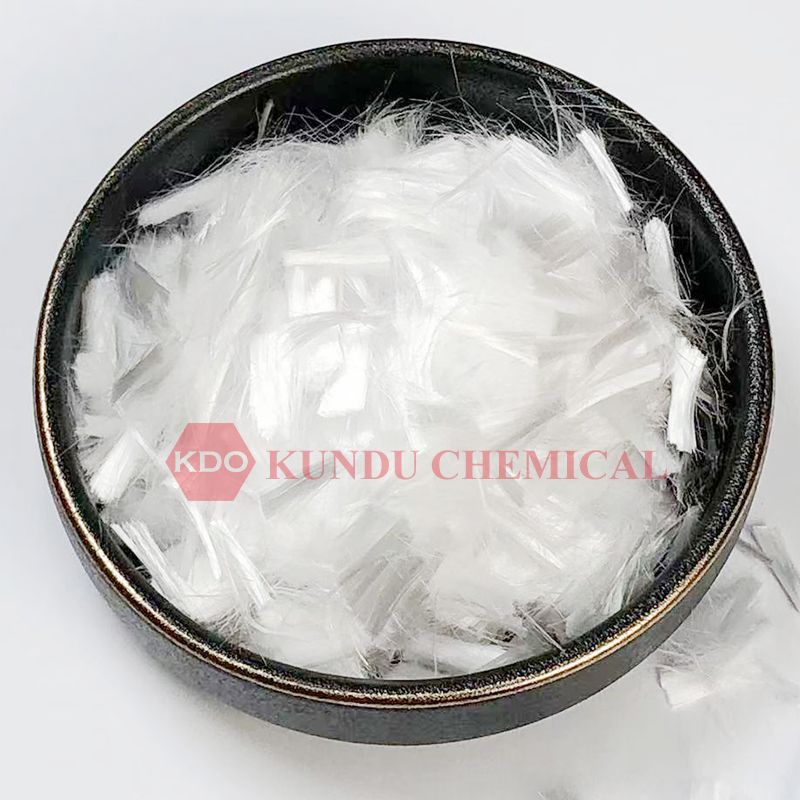PP Fiber with polypropylene as its raw material, this fiber is produced by special technology. The products have net-like structure with many fiber monofilaments.

Product Description
Polypropylene fiber/ PP fiber, also known as anti-cracking fiber, PP fiber, or concrete fiber, is a high-strength bundled monofilament fiber made of polypropylene. The addition of our polypropylene fiber products to mortar or concrete can effectively control the micro-cracks of concretes or mortars caused by plastic shrinkage, dry shrinkage, temperature changes, and other factors, etc. At the same time, it can also prevent and inhibit the formation and development of cracks, thereby significantly improving the penetration resistance, impact resistance, and earthquake resistance of concretes.
Our polypropylene fiber products have tensile strength and high modulus, which can help enhance the mechanical properties of high-strength concretes and improve the bond strength between fibres and cementitious matrix. It has excellent dispersibility and will not agglomerate, thus ensuring its effective anti-cracking performance.
Advantages of Polypropylene Fiber
Polypropylene is a light fiber, its density (.91 gm/cm³) is the lowest of all synthetic fibres.
It does not absorb moisture. This means the wet and dry properties of the fibre are identical.
The thermal conductivity of PP fibre is lower than that of other fibres and may be used in applications as thermal wear.
Specification of Polypropylene Fiber
Appearance | Net-like structure or monofilament |
Density(g/cm3) | 0.91±0.01 |
Elastic modulas(Mpa) | >3500 |
Crack elongation(%) | >10 |
Tensile strength(Mpa) | ≥560 |
Melting Point(℃) | 160-180 |
Acid & alkali resistance | Strong |
Water-absorbency | No |
More information about this please visit website
Previous: What are redispersible polymer powders?
Copyright:@2020-2021
Comments Please sign in or sign up to post.
0
0 of 500 characters used